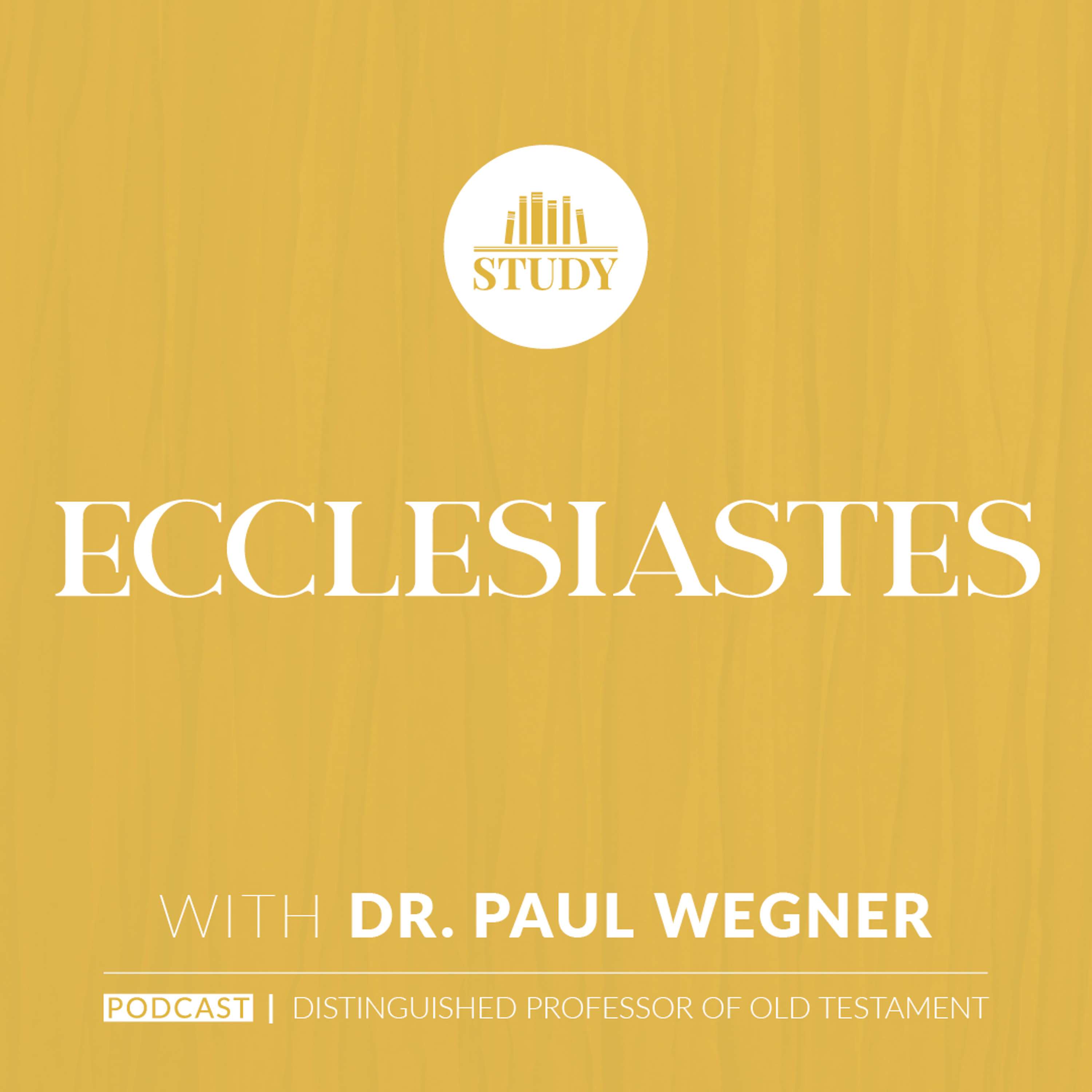Southern Baptist churches, based on our baptism reports, are less and less effective at sharing the gospel in such a way people receive it and become Christians. The reasons for this vary from church to church, but there are some common problems which span geography, culture, and ministry style. This is the sixth installment in a summer series highlighting some of those issues and offering some suggestions for change. A pressing problem limiting evangelistic effectiveness is preoccupation with culture wars.
Another barrier to sharing your faith is anger with the culture around you. There seems so much to be angry about! The news media, entertainment companies, and educational establishments often undercut moral values Christians hold dear. We are confronted by militant groups promoting homosexuality, radical environmentalism, risks to the unborn, and unmitigated greed leading to worldwide economic uncertainty. Christians feel threatened and see the devastation these actions will leave for future generations. Some believers react with one of two extremes. Both undermine witnessing effectiveness. Some Christians retreat from the culture, immersing themselves in the Christian subculture, and avoiding contaminating contact with unbelievers. Other believers attack the culture, letting their anger drive them to condemn others who don’t hold their positions—and worse, equating that with maintaining their Christian witness.
Jesus got angry on several occasions (for example, Mark 3:5 and John 11:33). In each case, His anger was directed toward His followers or the religious leaders He encountered. Jesus was never angry with unbelievers, or their collective expression as popular culture. He was confrontational with sinners, but never dismissive or overbearing with those He encountered. Paul warned against unresolved anger, “Don’t let the sun go down on your anger” (Ephesians 4:26). James promised, “Man’s anger does not accomplish God’s righteousness” (James 1:20). If you are angry with the culture, you have chosen an ill-advised path to relate to unbelievers and affect lasting change. Engaging lost people, as personally as possible, is the best hope for cultural renewal in your circle of influence. Launching your own culture war on people around you won’t change individuals or culture. It’s hard to share the gospel with people who are objects of your anger.
Solution: Repent of your judgmental spirit toward lost people. Turn from anger as a strategy for cultural change. Adjust your expectations about the behavior of the unconverted. Lost people are spiritually depleted, so their poor choices shouldn’t surprise you. Ask God for compassion and patience with people, particularly those who aggressively oppose your values and perspectives (and force them on your community). Confront sin, but love sinners.
This series is excerpted from my book, Unscripted: Sharing the Gospel as Life Happens
Read More

“Faith is a tree known by its fruits”: The Gisle Johnson Project
The Gisle Johnson Project is a new research endeavor spearheaded by Robb Torseth

Excerpt — Towards a Clearer Understanding of Jonathan Edwards’s Biblical Typology: A Case Study in the ‘Blank Bible’
Dr. Cameron Schweitzer provides new insights into Jonathan Edwards’s often mischaracterized typology.
Listen
A Lifetime of Ministry
Minister Darren Logan joins Dr. Hopkins this week to speak on the effects of raising 8 children overseas and how it impacted their family. He also talks about the cultural differences in California even within the USA, and the importance of slowing down in your prepar

Wisdom Books | Ecclesiastes
A common misconception about the book of Ecclesiastes is that it is very pessimistic. In actual fact, there is great comfort throughout the book that while life without God is meaningless, there is great satisfaction found when we cling to the Lord, and only to Him.

Watch

Jonathan Edwards and the Asbury Revival
Chris Chun and Chris Woznicki discuss the signs of true revival, signs of the work of the Holy Spirit, and why it is important to critically assess the characteristics of revival in a spirit of charity.

Jonathan Edwards and the Baptists | Douglas Sweeney, Nathan Finn and Chris Chun
Dr. Douglas Sweeney and Dr. Nathan Finn joined Dr. Chris Chun for a panel discussion on Jonathan Edwards, recorded live at the SBC Annual Meeting in Anaheim.




